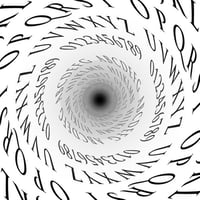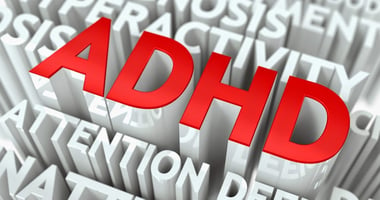How Genes May Contribute to Dyslexia
 |
The link between one of these genes and dyslexia is especially strong when a person has attention-deficit/hyperactivity disorder (ADHD) plus dyslexia, other scientists have found. The reason for this association is unclear, although dyslexia and ADHD are often comorbid. More information about this study and implications for future research can be found in Psychiatric News. Also, read more about the etiology and treatment of learning disabilities in Learning Disabilities: Implications for Psychiatric Treatment, from American Psychiatric Publishing.
(Image: Lightspring/Shutterstock.com)





